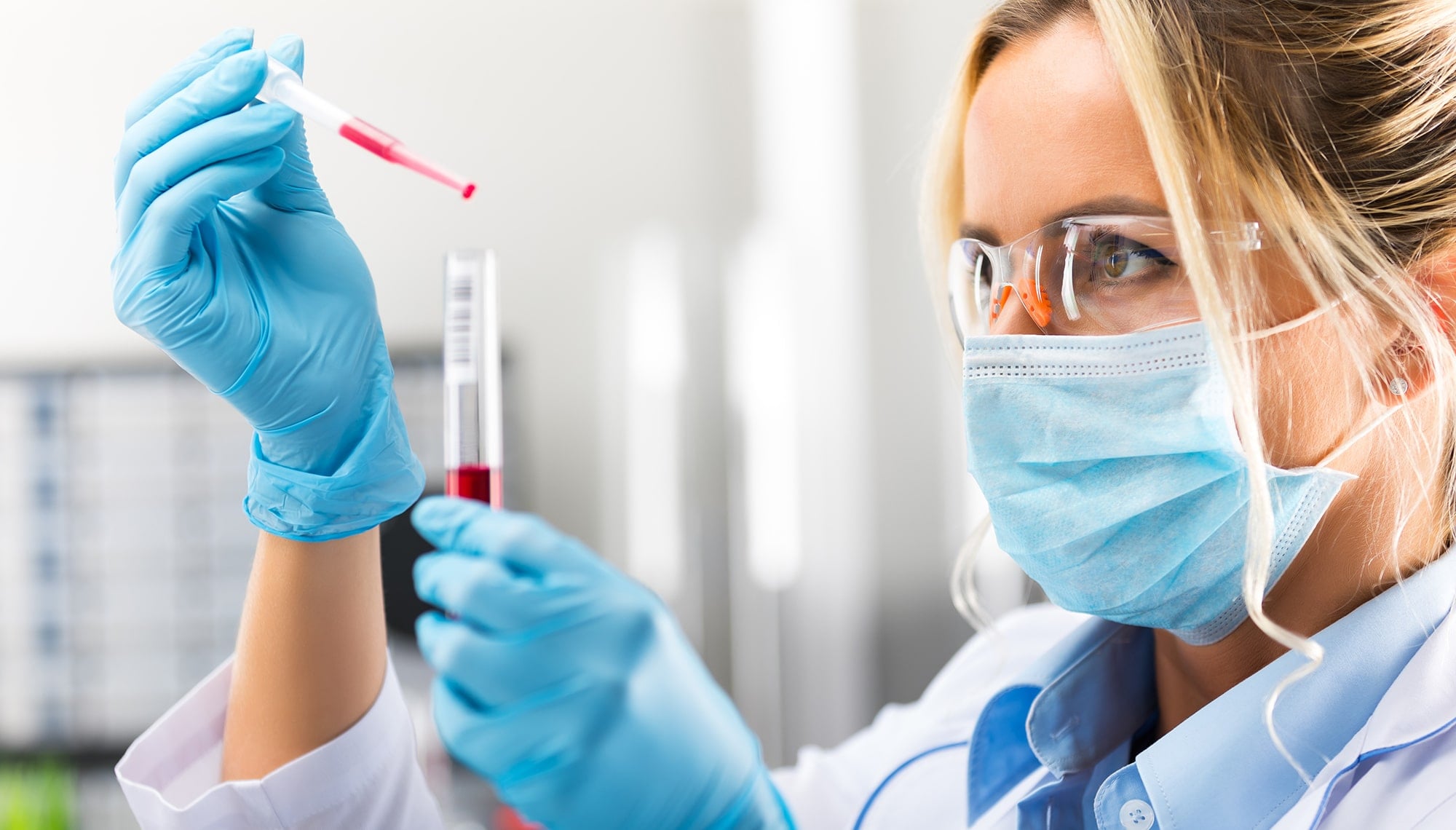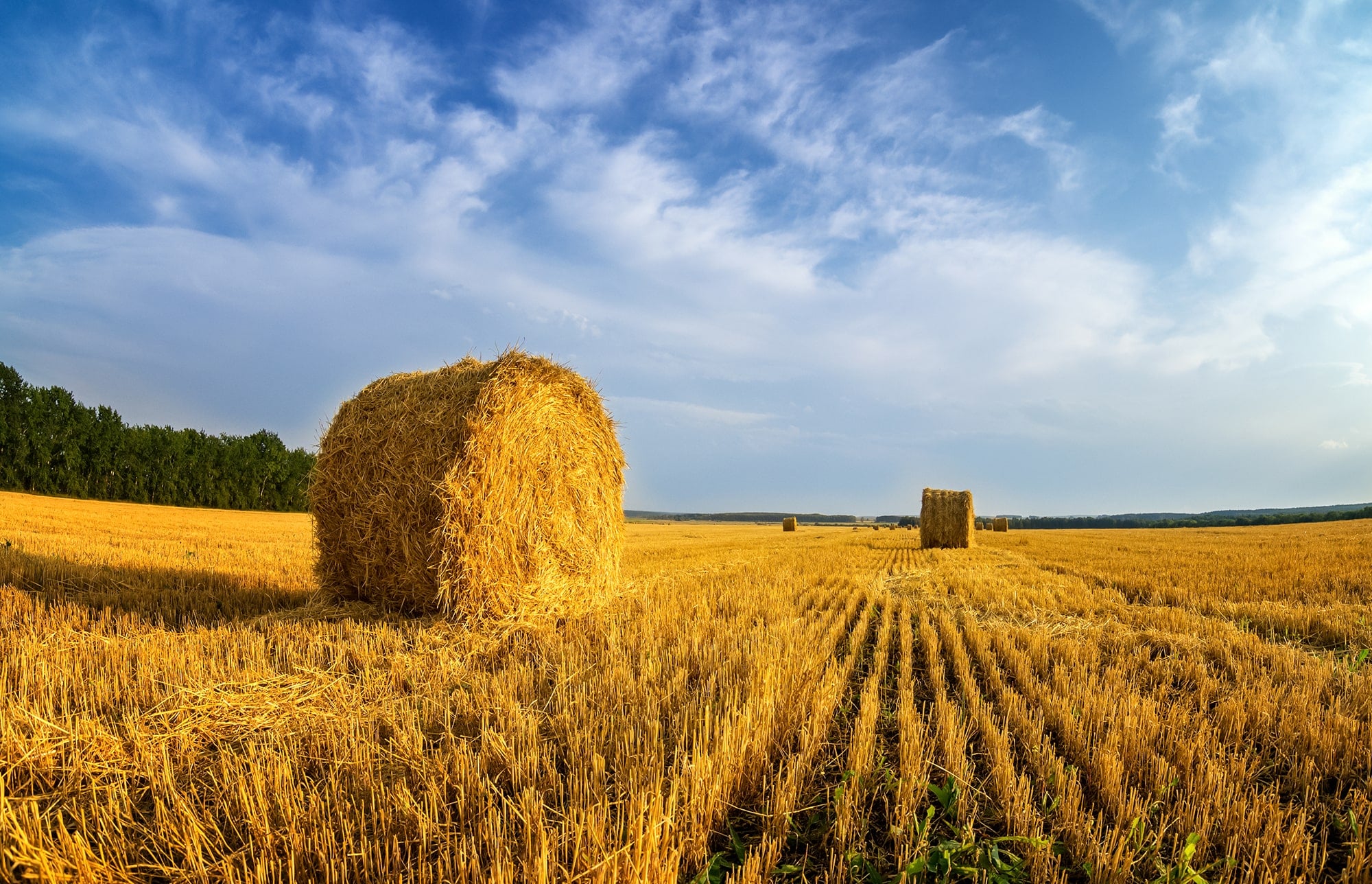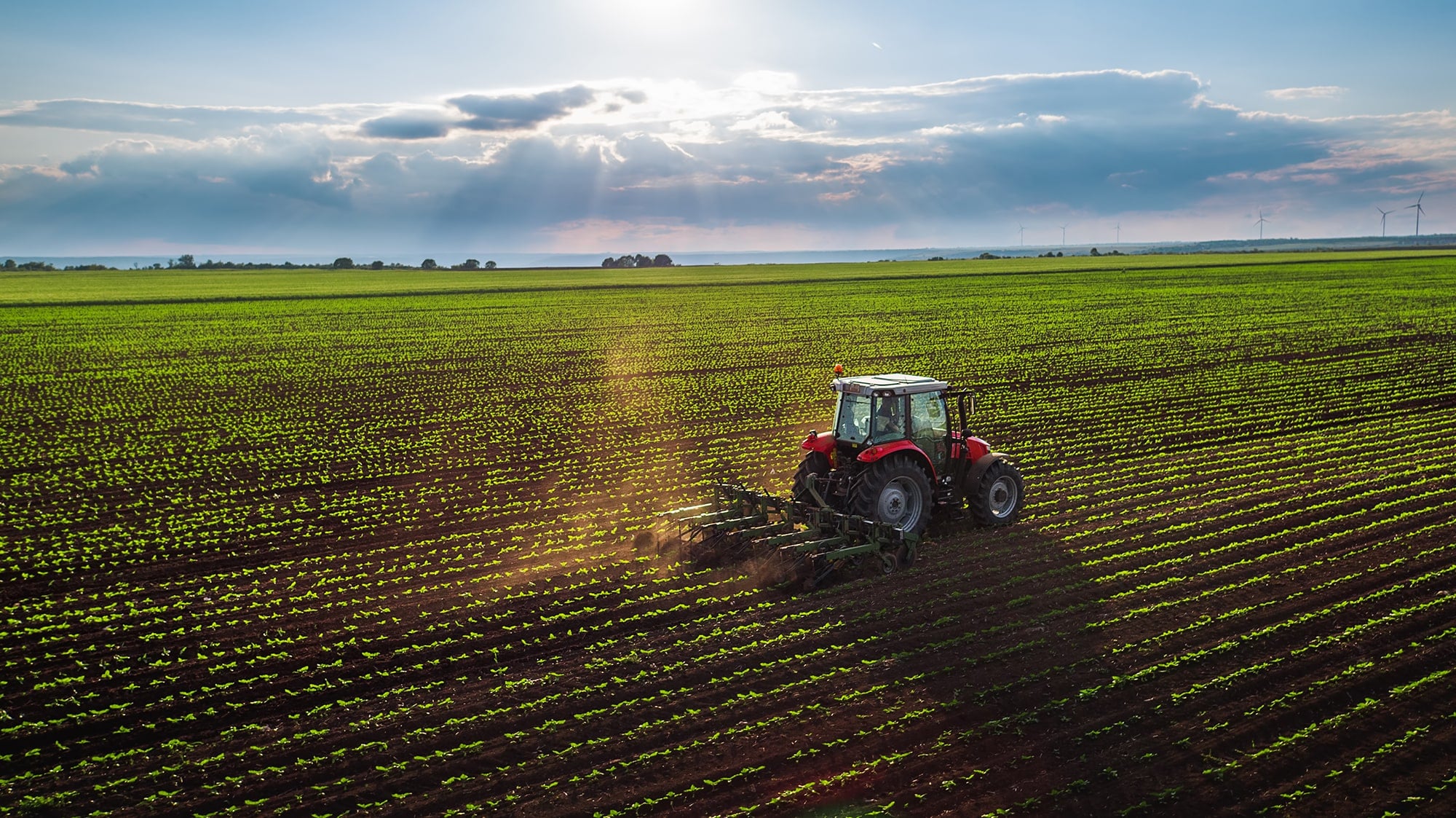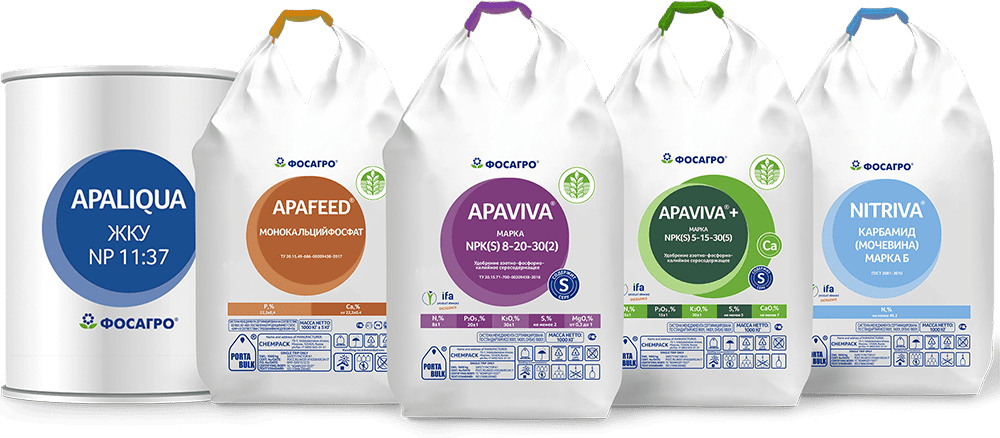Business environment

Tighter environmental regulations in EU
The EU announced more stringent requirements for cadmium and other hazardous metals in mineral fertilizers. Starting 2022, the EU bans phosphate fertilizers with a cadmium content above 60 mg/kg and enables green labelling of low-cadmium fertilizers (below 20 mg/kg). As part of this initiative, the French Agency for Food, Environmental and Occupational Health & Safety (ANSES) recommended limiting cadmium content in fertilizers to 20 mg/kg of P2O5 at the national level.
The Food and Agriculture Organization of the United Nations (FAO) has adopted the International Code of Conduct for the Sustainable Use of Fertilizers designed to enhance food safety, eliminate hunger and encourage the production and use of pure fertilizers.
It recommends that governments around the world enact legislation restricting the sale and application of fertilizers containing heavy metals and other contaminants.
The Code calls on governments and fertilizer producers to use clear labelling of fertilizers that should include information on contaminants (including heavy metals) and potential environmental and health impacts.
On top of that, the Code highlights the issue of insufficient fertilizer application, which reduces plant nutrients in the soil, damages soil and affects potential yields. The Code brings to the global level efforts to create a regulatory framework ensuring agriculture safety and promoting its sustainable development, mitigating risks to human health and negative impact on the environment, and increasing food security.

Russia’s revised Food Security Doctrine
Russia’s President Vladimir Putin approved the country’s revised Food Security Doctrine. In addition to securing food independence, and accessibility and affordability of high-quality foods to every citizen nationwide, from now on increasing food exports will be among the doctrine’s targets. Besides, the doctrine provides for boosting the yield of key crops and fertility of agricultural land, sustainable use of farm soils and for promoting land reclamation.
Competitive pricing is yet another factor to place Russian eco-friendly agricultural products at the centre of the global consumer market. According to Russia’s Ministry of Agriculture, the share of crops to be supplied under the Green One national brand will account for 10–15% of all agricultural exports by 2024.

Environmentally friendly products gain momentum in Russia
Russia’s President Vladimir Putin instructed the government to create a protected domestic brand of environmentally friendly, green products. The green label will bring together organic farmers along with producers of organic food and green fertilizers, provide a global competitive advantage for Russian manufacturers, consolidate the country’s position in lifting trade barriers and help develop a niche of best-in-class green products.
The initiative contemplates potential harmonisation of Russian regulations with the global green regulations, including certification and labelling of Russian products based on modern European and international standards.
